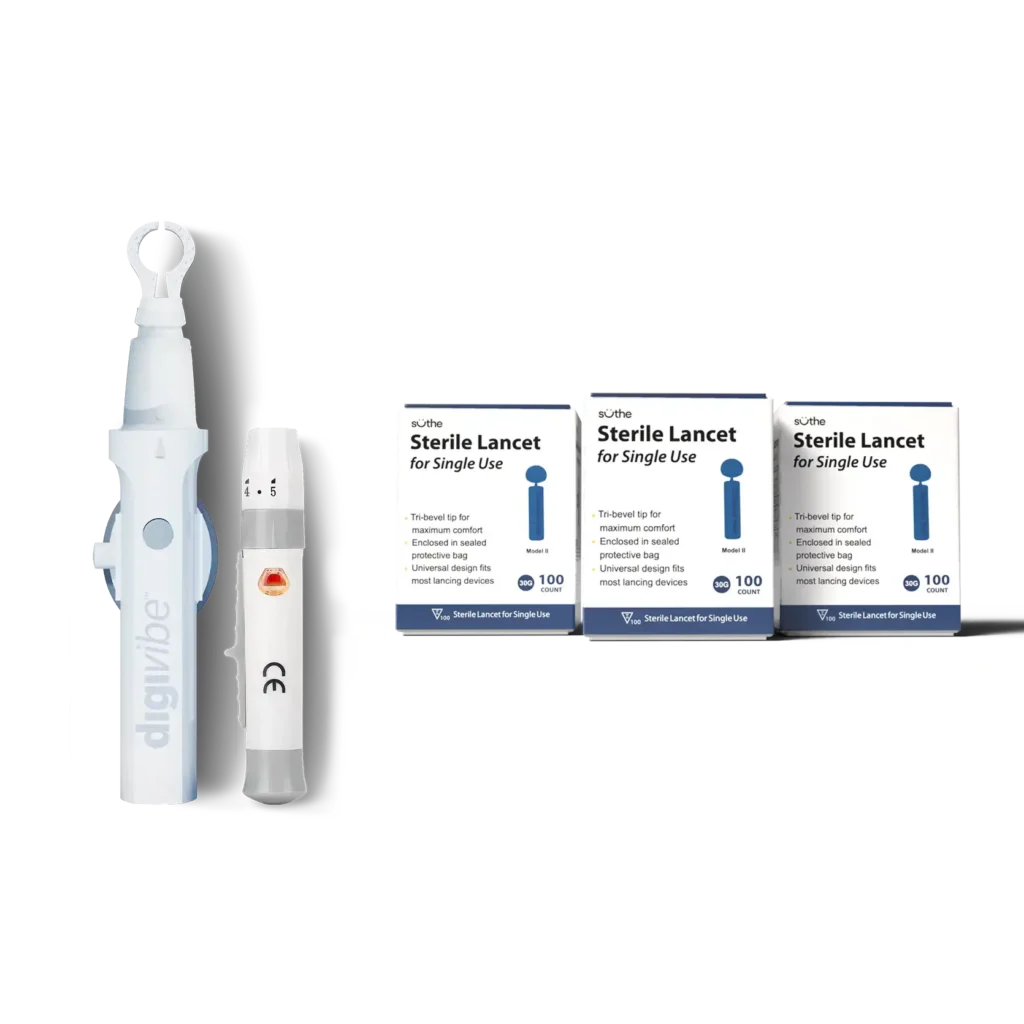
A new initiative dubbed “DigiVibe” has been launched in Accra, aiming to enhance women’s participation in the ICT sector and foster gender inclusivity in Ghana’s economic and digital development.
The program is designed to bridge critical gaps in digital literacy, industry access, and job opportunities for women, particularly recent female graduates. It is a collaborative effort led by the Oxford Africa Women Leadership Institute (OAWLI) and WERise Network, in partnership with the German AFOS Foundation, the National Service Authority, and various industry stakeholders.
Speaking at the launch event, the Director General of the National Service Authority, Mr. Felix Gyamfi, described the program as a timely intervention. He emphasized that it will support the deployment of more female service personnel into ICT-related fields, aligning with broader national goals for gender equality and economic empowerment.
He further stated that the initiative challenges government and stakeholders to remain committed to empowering women, in line with the United Nations Sustainable Development Goals (SDGs).
Ms. Hanna Schlingmann, Project Lead at the AFOS Foundation, highlighted the impact the initiative is set to make. She explained that DigiVibe aims to provide ICT training to over 1,000 women, offer upskilling opportunities to about 4,000 students, and engage more than 45 companies for mentorship and job placement opportunities. In addition, the program will support the development of 270 graduates as Junior Consultants and help place over 400 women in technology-related roles.
The DigiVibe initiative represents a significant step toward building a more inclusive digital economy by equipping women with the skills and exposure needed to thrive in Ghana’s evolving tech landscape.
DigiVibe Initiative – Frequently Asked Questions (FAQs)
1. What is the DigiVibe initiative?
DigiVibe is a digital empowerment program designed to increase the participation of women in Ghana’s ICT sector. It focuses on skills development, mentorship, industry exposure, and job placement.
2. Who is behind the DigiVibe initiative?
The initiative is spearheaded by the Oxford Africa Women Leadership Institute (OAWLI) and WERise Network in collaboration with the German AFOS Foundation, the National Service Authority, and multiple industry partners.
3. What is the main objective of DigiVibe?
To bridge gender gaps in digital skills and professional opportunities by equipping women—especially graduates—with practical ICT training and career support for integration into the tech ecosystem.
4. Who can participate in the program?
Female students, graduates, and National Service personnel interested in ICT and digital careers are the primary target beneficiaries.
5. What kind of training is offered?
Participants receive hands-on training in areas such as:
-
Software development
-
Data analysis
-
Digital marketing
-
Network and systems support
-
Tech entrepreneurship
6. Are there mentorship opportunities?
Yes. The program partners with over 45 companies to provide mentorship and internship experiences, helping participants gain industry insights and networks.
7. How many people will benefit from the initiative?
-
4,000+ students will benefit from upskilling opportunities
-
1,000+ women will be trained in ICT
-
270 graduates will become Junior Consultants
-
400+ women will be placed in tech-related jobs
8. How can I apply for the DigiVibe program?
Application details will be shared through the official websites and social media platforms of OAWLI, WERise Network, and the National Service Authority.
9. Is the program free?
Yes, the training and mentorship provided by the initiative are fully funded by its partners, making it free for selected participants.
10. What is the duration of the program?
The duration may vary depending on the specific training module or cohort, but typically spans a few weeks to several months.
11. Will participants receive certificates?
Yes, participants who complete the program will be awarded certificates of participation or completion, which can enhance their employability.
12. How does this initiative support national development?
By equipping women with digital skills, DigiVibe promotes gender inclusion, reduces unemployment, and supports Ghana’s transition to a knowledge-based, digital economy.






